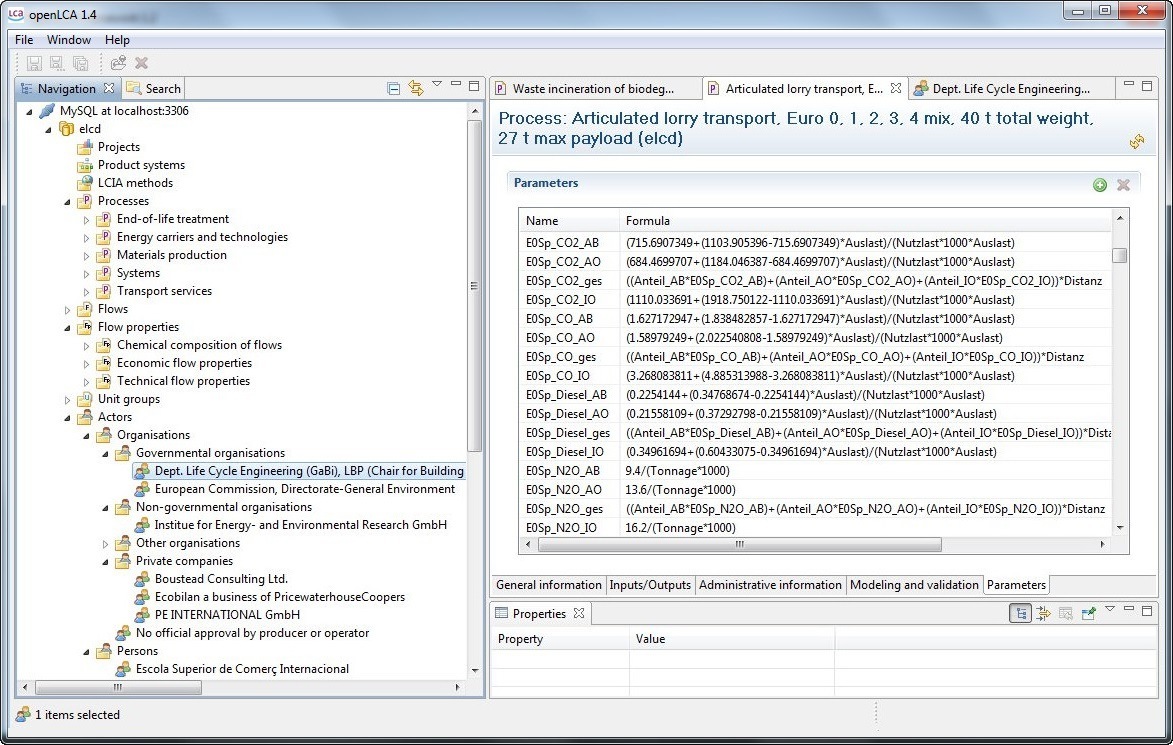

The standards include qualitative information about the process in technical terms (see Rules 12-17 Appendix D: ILCD Nomenclature Rules or the full ILCD Handbook for a list of potential descriptive terms). The technical name should be given as it is used in the respective industry or toward their customers.

The base name is a general descriptive name of the process using technical language. Process name based on the ILCD naming conventions Process name should reflect the product or service it represents the product reference output (i.e., quantitative reference flow) is given the same name as the process name sans temporal or geographic references (i.e., those may be indicated by the provider process and/or in the quantitative reference flow metadata so that one quantitative reference flow may have several provider processes) the naming conventions are as follows:īase name treatment received, production route(s), standard(s) fulfilled production or consumption type, location type quantitative flow properties This investigation will be based on indications from our present project, but will also be framed in a more general perspective.This set of tables includes the following conventions for this tab in openLCA: Finally, we conclude by investigating possible implications our open source application for a well established business field and market might have, of specialised closed source applications plus consulting and research provided by using these tools. Second, we present a case study from the textile industry in order to show capabilities and drawbacks of the software, with special emphasis on its "open source nature". Creating such a community is a challenge since on the one side, there seems overwhelming interest in the LCA field to open source and "for free" high performance tools on the other side, IT knowledge is scarce among LCA experts. First, we critically analyse whether and how it was possible to create a contributing community for the project. We will briefly describe the architecture of the application, and will then concentrate on two aspects.

Meanwhile, a first version has been sent out to external testers, and a funding consortium has established. OpenLCA has started in late 2006 as a project to create a high performance, open source software for sustainability assessment, with an initial focus on Life Cycle Assessment (LCA).


 0 kommentar(er)
0 kommentar(er)
